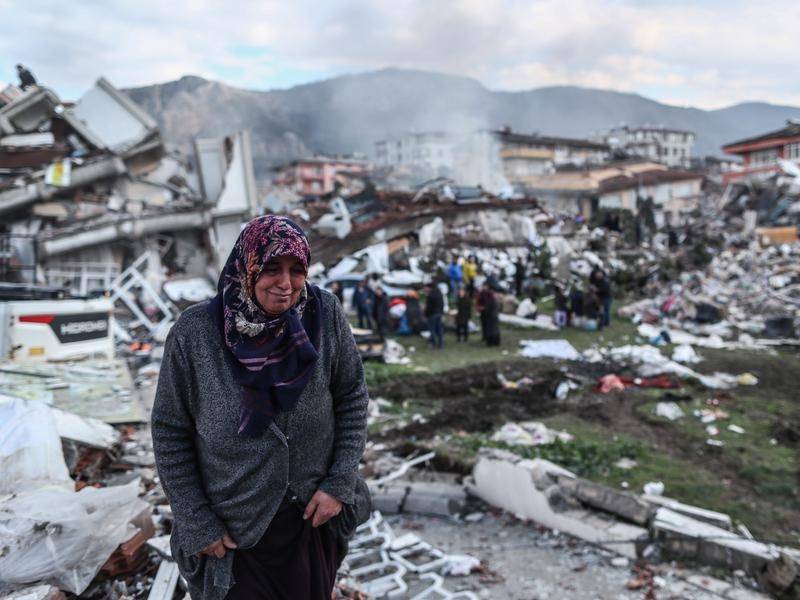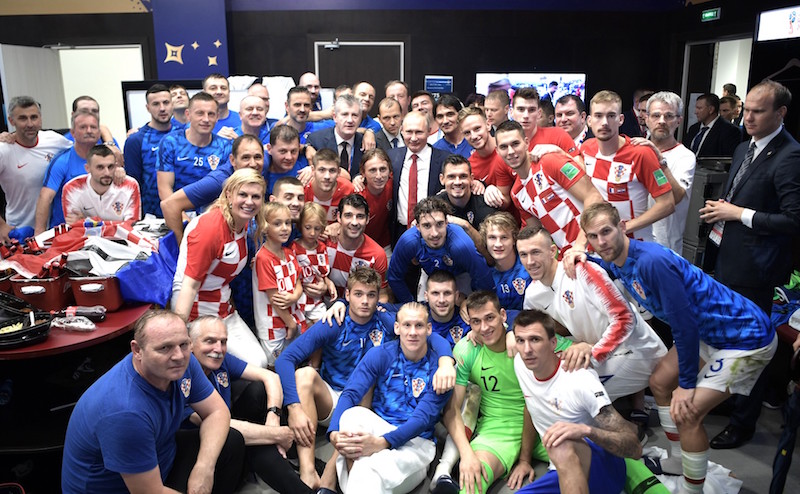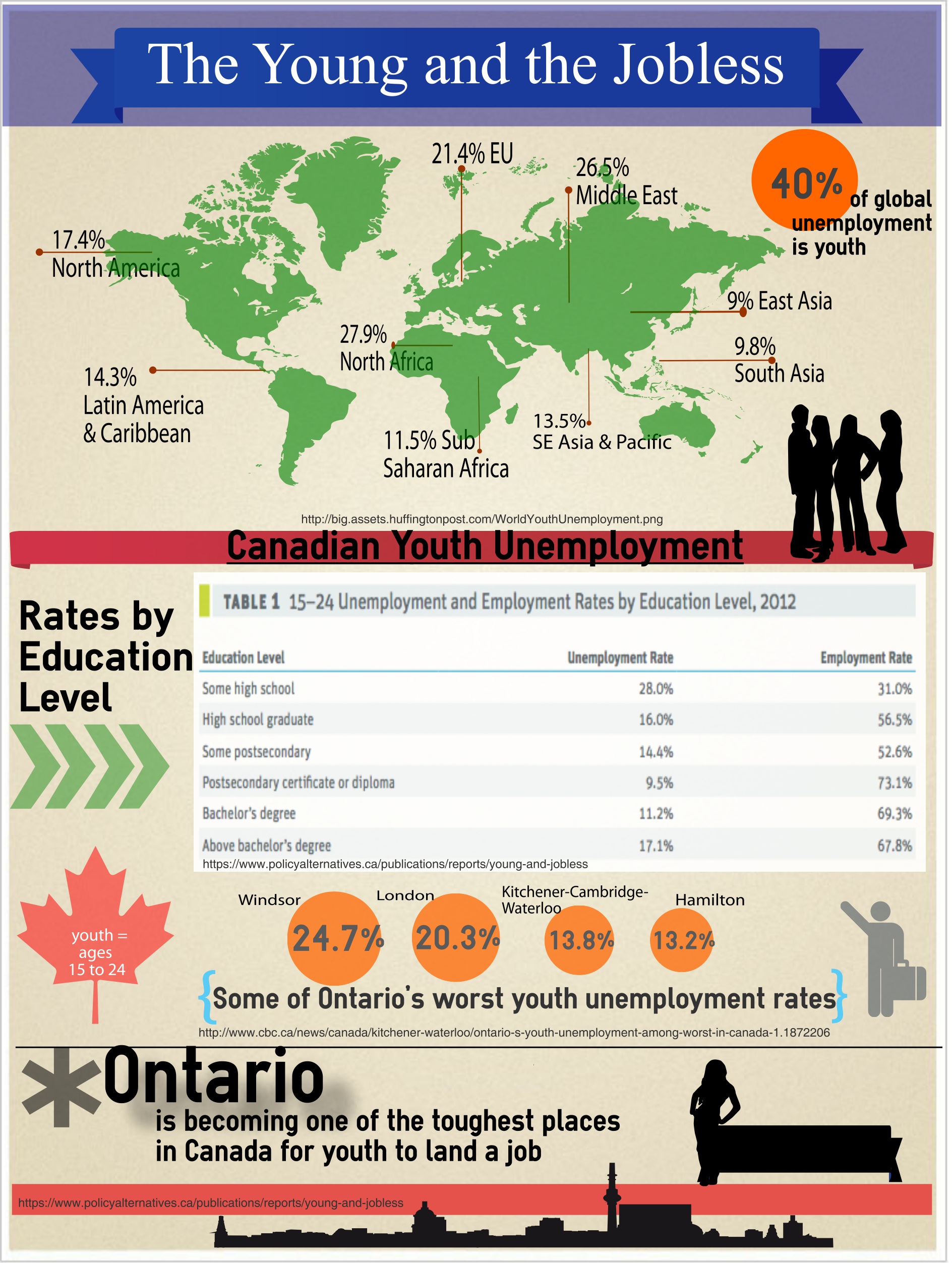On February 6, 2023, a series of earthquakes struck southeastern Türkiye. The first earthquake occurred around 4 a.m. local time, measuring 7.8 on the Richter scale. Approximately 12 hours later, a second earthquake struck the same region, this time at a 7.6 scale. Since then, the region has experienced more than 100 powerful aftershocks scaling 4.0 or higher. Visual data provided by Al Jazeera Labs suggests that the tremors were felt up to 1,000 kilometres (621 miles) away. As of February 12, the death toll from the earthquakes is at least 33,181, according to Turkish and Syrian authorities, of which 29,605 fatalities are in Türkiye and 3,576 in Syria.
At moments like this, Türkiye and Greece have engaged in “earthquake diplomacy.” The term originates from the immediate aftermath of the 1999 earthquakes which struck Istanbul in August killing more than 17,000 people, and Athens in September. During this period, both states extended an olive branch to each other and provided aid despite being on the brink of war years earlier over territorial disputes in the Aegean Sea. According to political scientist David L. Phillips, then Greek and Turkish Foreign Ministers George Papandreou and Ismail Cem “negotiated a series of bilateral agreements on maritime issues, environmental protection, and counterterrorism,” which ultimately “defused tensions and marked a new phase in bilateral relations between the countries.” As such, earthquake diplomacy in 2023 is possible and critical as both states face national security challenges, political instability, and fluctuating economies.
Why is earthquake diplomacy so important?
In the last few years, Greek and Turkish leaders have exploited nationalist sentiments to gain domestic support, especially recently because of elections in both states this year. This has resulted in the further deterioration of bilateral relations, which had already been strained for several reasons. Greece has militarized some of its eastern Aegean Islands, which Türkiye views as a direct infringement of international agreements. Greece, with other eastern Mediterranean neighbours, has also concluded the EastMed Pipeline Deal, which deliberately excluded Türkiye. In response, Türkiye increased its hydrocarbon exploration, which Greece views as violating the sovereignty of Greek and Cypriot exclusive economic zones. There have also been repeated Greek and Turkish airspace violations, alongside the underlying question of Cyprus.
Nevertheless, the nostalgia surrounding earthquake diplomacy between Greece and Türkiye was first remembered a couple days after the earthquakes, when Greek State Television (EPT) commenced their morning news on the earthquake by playing “Ben Seni Sevduğumi.” It is a Turkish folk song about showing affection even in the face of anger.
EPT was not the only news agency to show support. Kathimerini, a prominent Greek newspaper known for heavy criticisms of the Turkish government, expressed solidarity by sharing a cartoon in which a graffiti artist sprayed in Greek “We are all Turks.” The cartoon was a response to a cartoon by Charlie Hebdo, which mocked the earthquake by showing demolished buildings with the caption: “Earthquake in Türkiye. No need to send tanks.”
With such a strong basis for solidarity, it is paramount that both sides understand the importance of lowering tensions, especially during times of need. Earthquake diplomacy offers a means to reach the desired end.
The Greek Ministry of Foreign Affairs webpage recognizes the importance of bilateral relations. The website states that strong Greek-Turkish relations are important for developing and stablizing southeastern Europe and the eastern Mediterranean. The message on the website of the Turkish Ministry of Foreign Affairs echoes that of their Greek counterpart, stating that Türkiye is ready to work concretely and constructively through issues with the aim of furthering Turkish-Greek bilateral relations.
Although short term, the restoration of bilateral relations by means of earthquake diplomacy was evidently successful in the years after the 1999 earthquakes. It is thus important to note that earthquake diplomacy has the potential to become the catalyst for long-lasting cooperation. In a farewell speech by then Turkish Ambassador to Athens Burak Özügergin in December 2022, he hoped that “[Greece and Türkiye] won’t need fires, earthquakes, or other disasters to remind us that [they] are neighbours.” To his dismay, catastrophic earthquakes months after his farewell speech would once again remind the two NATO allies that they are neighbours.
As Özügergin implies, it is unfortunate that natural disasters are one of the main driving motivations that bring these two nations together. However, it touches on a Turkish proverb that exemplifies how there may be many around you when you are prospering but you will only know your true friends in your time of need: “dost kara günde belli olur.”
Image: A grieving woman in Hatay, Türkiye standing in front of destroyed apartment buildings, 7 February 2023 via Bega District News. Licenced under CC BY 2.0
Disclaimer: Any views or opinions expressed in articles are solely those of the authors and do not necessarily represent the views of the NATO Association of Canada.




